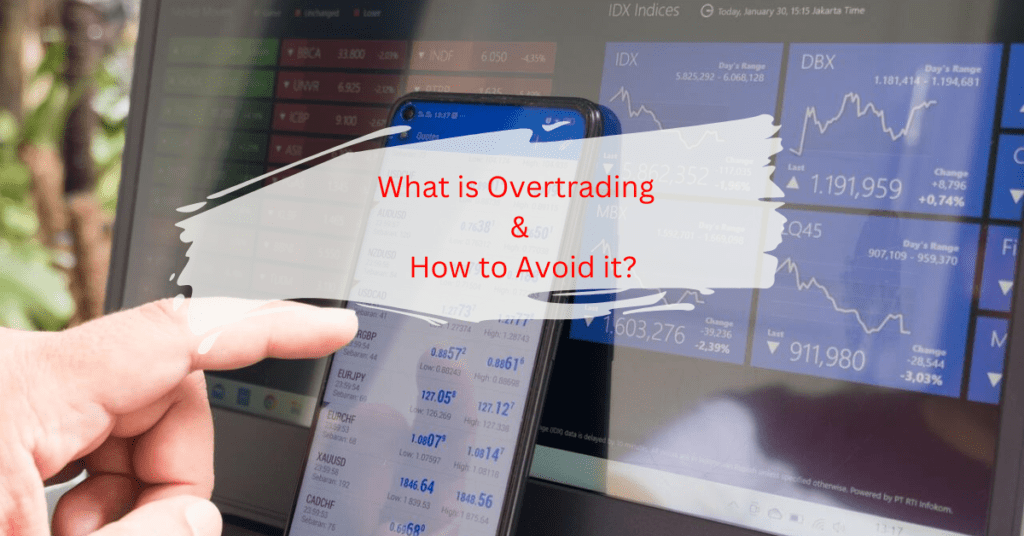Overtrading is a common problem among traders and investors, and it can have serious consequences for your financial well-being. It occurs when you engage in excessive trading activity, either by making too many trades in a short period of time or by holding positions for too long.
There are several reasons why traders and investors may be prone to overtrading. One reason is overconfidence, where you believe you have a special insight or advantage that allows you to consistently make profitable trades. Another reason is impatience, where you feel the need to constantly be making trades in order to achieve your financial goals. A third reason is a desire for higher profits, where you believe that the more trades you make, the more money you will make.
However, overtrading can actually lead to reduced profits and increased risk. One problem with overtrading is that it can lead to higher transaction costs, such as brokerage fees and spreads, which can eat into your profits. In addition, overtrading can reduce portfolio diversification, which means that your portfolio is not spread out across a variety of different asset classes. This can increase the risk of significant losses if one of your positions performs poorly.
Overtrading can also lead to poor investment decisions, as it can be difficult to keep track of all your trades and make informed decisions when you are making too many trades. It can also lead to a lack of focus, as you may become so focused on making trades that you neglect other important aspects of your investment strategy, such as risk management and portfolio rebalancing.
To avoid overtrading, it is important to set limits on the number of trades you make and stick to those limits. You should also use risk management techniques, such as stop-loss orders, to minimize potential losses from trades that go against you. It is also important to avoid letting your emotions drive your trading decisions, and instead base your trades on a well-thought-out investment plan.
Diversification is also key to avoiding overtrading, as it allows you to spread your investments across a variety of asset classes, which can help reduce the overall risk of your portfolio. Finally, it is important to take breaks from trading and seek the guidance of a financial advisor or mentor if you need help making informed trading decisions. By following these strategies, you can help avoid the pitfalls of overtrading and increase your chances of long-term investment success.\
Thanks for visiting FOREX GOATS kindly visit us again.

